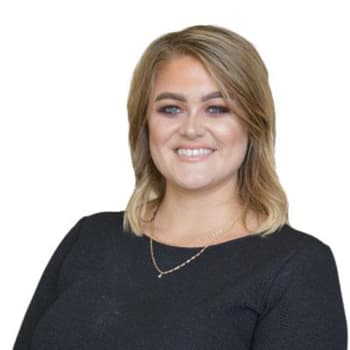There are no quick fixes for long-term insomnia treatment, but there are several options that have been effective for the treatment of insomnia.
There are no quick fixes for long-term insomnia treatment, but there are several options that have been effective for the treatment of insomnia. Medication-based treatments forinsomniamay be helpful for some people initially, but they do not provide long-term treatment. For people with severe insomnia, a treatment that addresses the causes of insomnia and works to change these causes is most likely to be effective.
Insomnia therapy focuses on the behaviors that lead to insufficient sleep. Two of the most popular approaches are cognitive behavioral therapy (CBT) and stimulus control therapy for insomnia.
Cognitive Behavioral Therapy
Cognitive behavioral therapyfocuses on bringing awareness to and changing the way that a person’s thoughts, feelings and behaviors affect each other. Cognitive behavioral therapy for insomnia identifies thoughts about sleep that may be self-defeating and, in some cases, feelings and behaviors that may affect sleep. Most people can probably relate to laying in bed wide awake, worrying about how much sleep they may or may not be getting. Thinking about the adverse effects of not getting enough sleep may lead to the feeling ofanxiety, which then creates the involuntary behaviors of hyper-vigilance and raised heart rate. Cognitive behavioral therapy for insomnia would work to change this thought process so that a person would be less likely to enter this self-defeating cycle of sleeplessness.
Stimulus Control Therapy
Stimulus control therapy for insomnia focuses mainly on the behaviors related to sleep and the bedroom. Efforts are made to ensure that activities which may trigger the brain to think it is time to be awake do not occur in the bed and, for some with severe insomnia, anywhere in the bedroom. For example, evening reading would be relocated from the bed as this is an activity that requires the brain to be awake and alert. Cues for sleep that occur outside of bed are also removed to increase the association of the bed with sleeping. If a person frequently lays down on the couch to take a nap, they would attempt either to not nap at all or if they had to nap, to do so in the bed.
Treatment Can Be Life Changing. Reach out today.
Whether you are struggling with addiction, mental health or both, our expert team is here to guide you every step of the way. Don’t wait— reach out today to take the first step toward taking control of your life.
Medications Used for Treating Insomnia
Mental health professionals debate whether insomnia medication is a practical solution for sleeplessness. Medication for insomnia is certainly useful but does not provide lasting relief. Some people briefly experience rebound insomnia and worsened symptoms when they stop taking medications. Another concern is most medications for insomnia are habit forming and could lead to addiction.
Types of medication used to treat insomnia include:
- Prescription sleeping pills:Sleeping pillsmay help you fall asleep, stay asleep, or both. Some popular brand name sleep aids includeLunesta,AmbienandSilenor.
- Antidepressants: Some depression medications may help ease insomnia when taken in lower doses. Examples of antidepressants that may help insomnia include Trazodone, Mirtazapine (Remeron) and Amitriptyline (Elavil).
- Antihistamines:Over-the-counter sleep aids often contain diphenhydramine HCl, an antihistamine found in Benadryl and other allergy medications. These medications have a sedating effect and usually cause drowsiness.
Treating Insomnia and Co-Occurring Conditions
Insomnia occurs secondary to many other conditions. Whether physical ailments or mental health diagnoses, insomnia frequently is not the sole issue. In the case of insomnia with co-occurring conditions, it is essential to treat both conditions. Insomnia can limit the recovery process from other conditions and vice versa if an individual does not address both disorders.
Substance usecommonly co-occurs with insomnia. Some drugs cause a person to not sleep while under the influence likestimulants,and others lull people into a state of relaxation likealcohol. Even when a drug causes relaxation and helps a person to fall asleep, the sleep experienced does not reach the deep sleep stage and is not fully restorative. Whenstopping drug use, many people experience an inability to sleep initially.
It is important to treat insomnia to encourage recovery from substance use; just as it is vital to address substance use for a patient who is seeking treatment for insomnia.Reach outto a representativeat The Recovery Village for more information.








